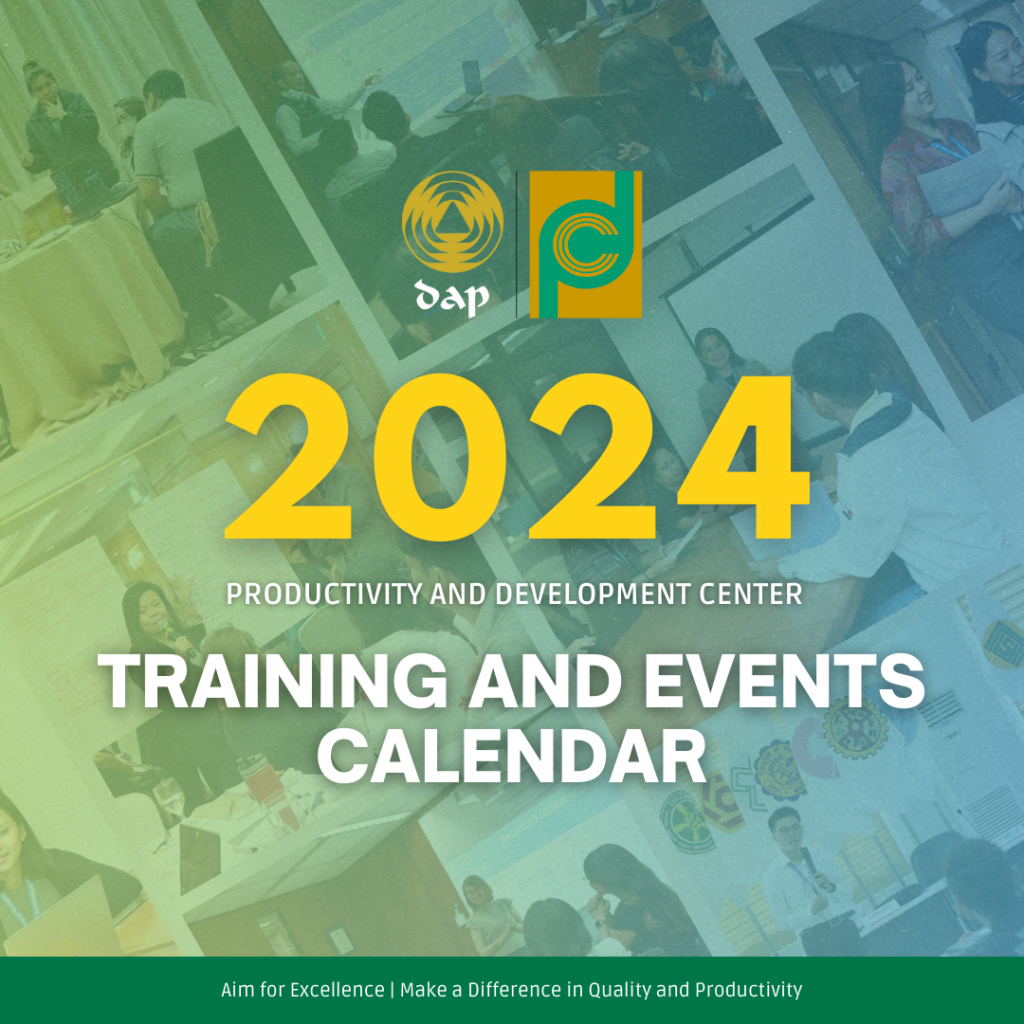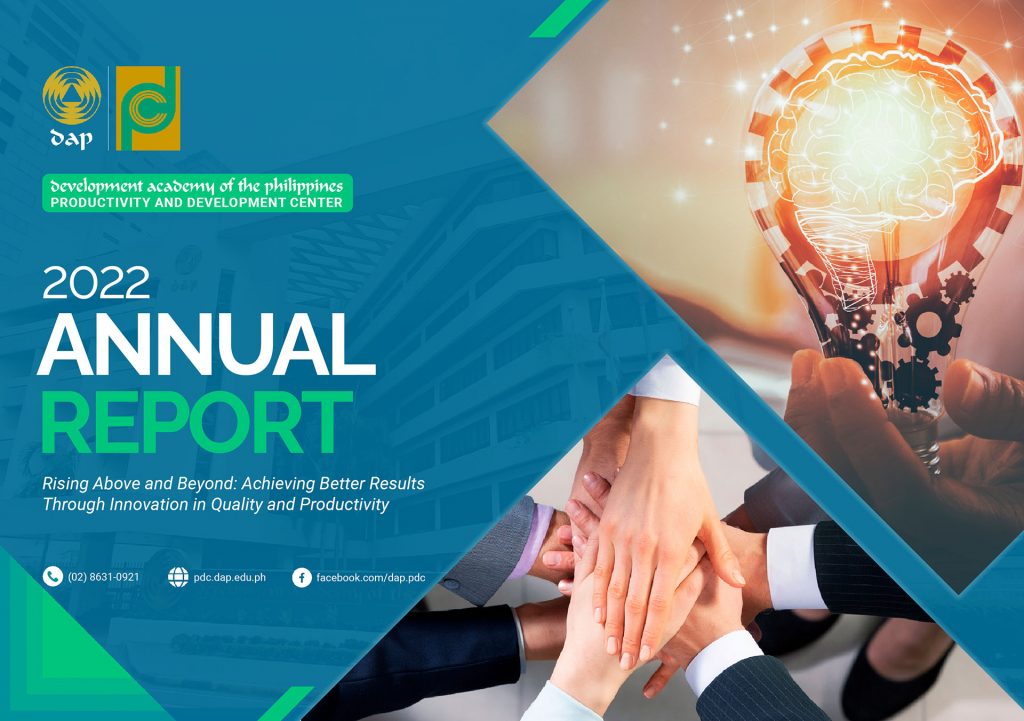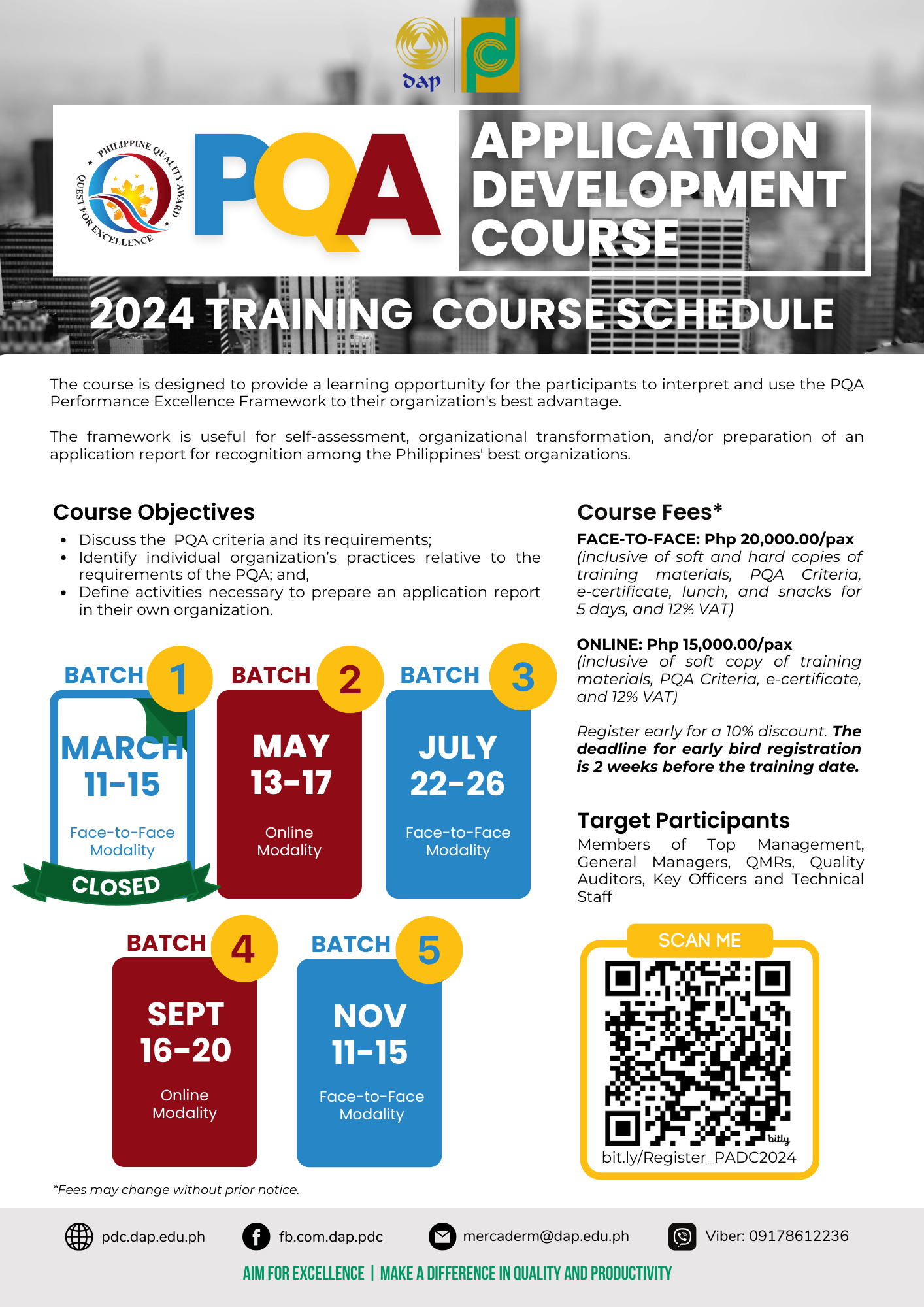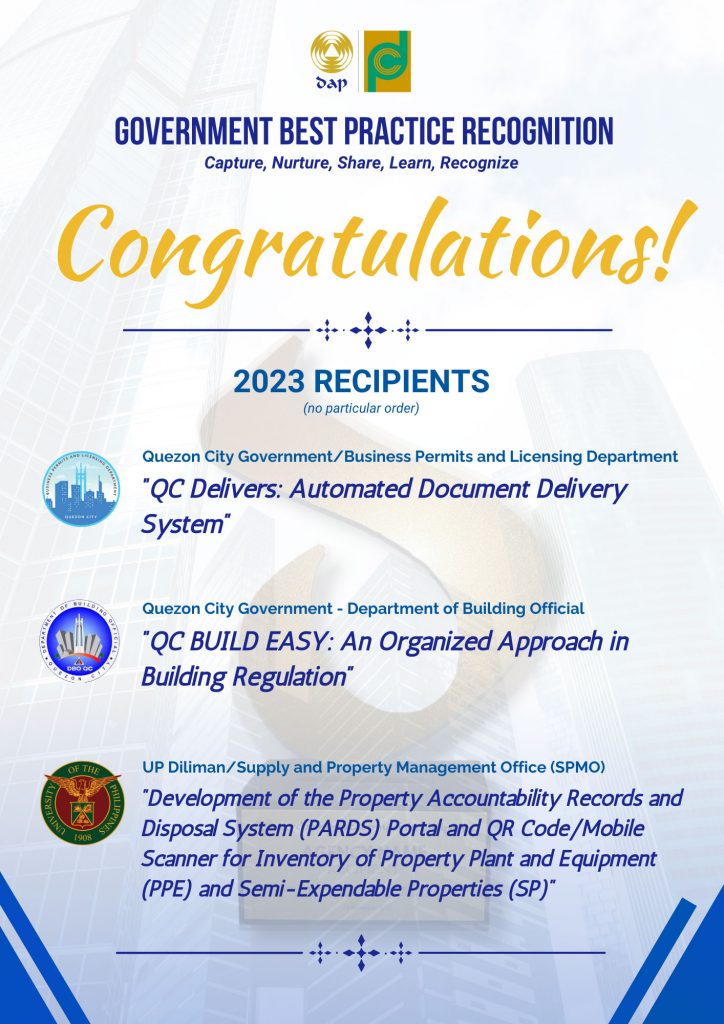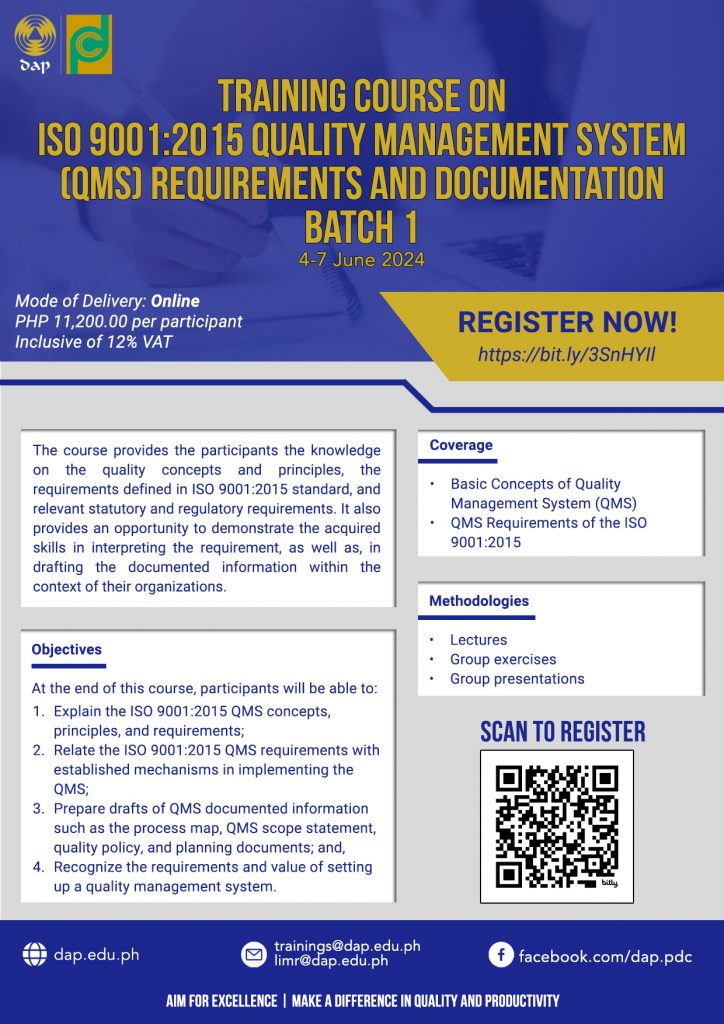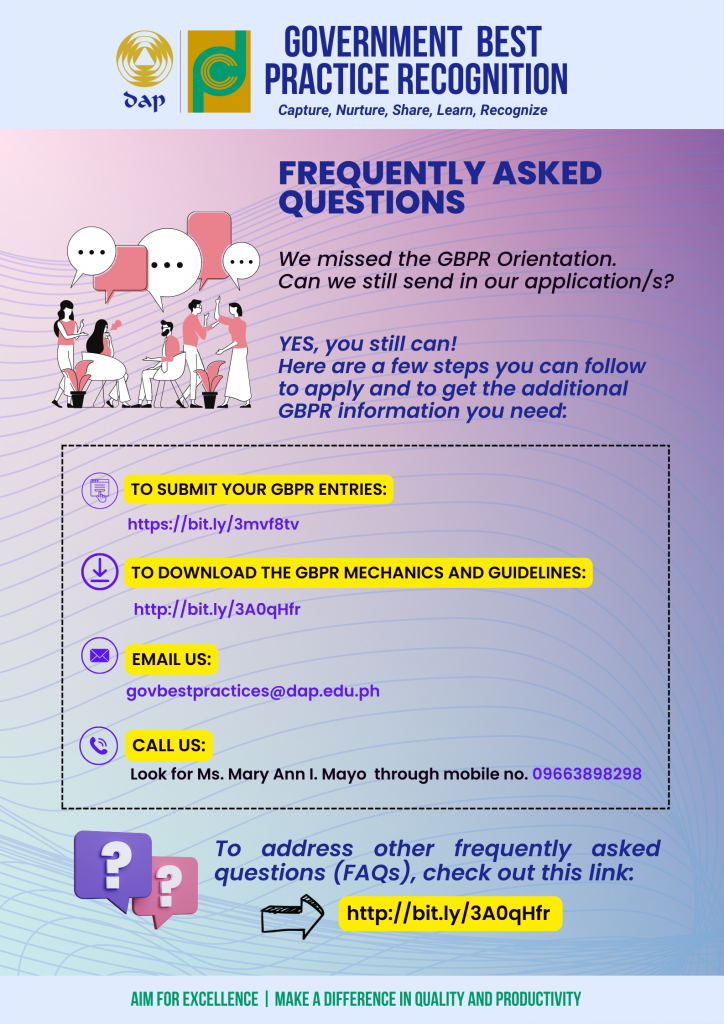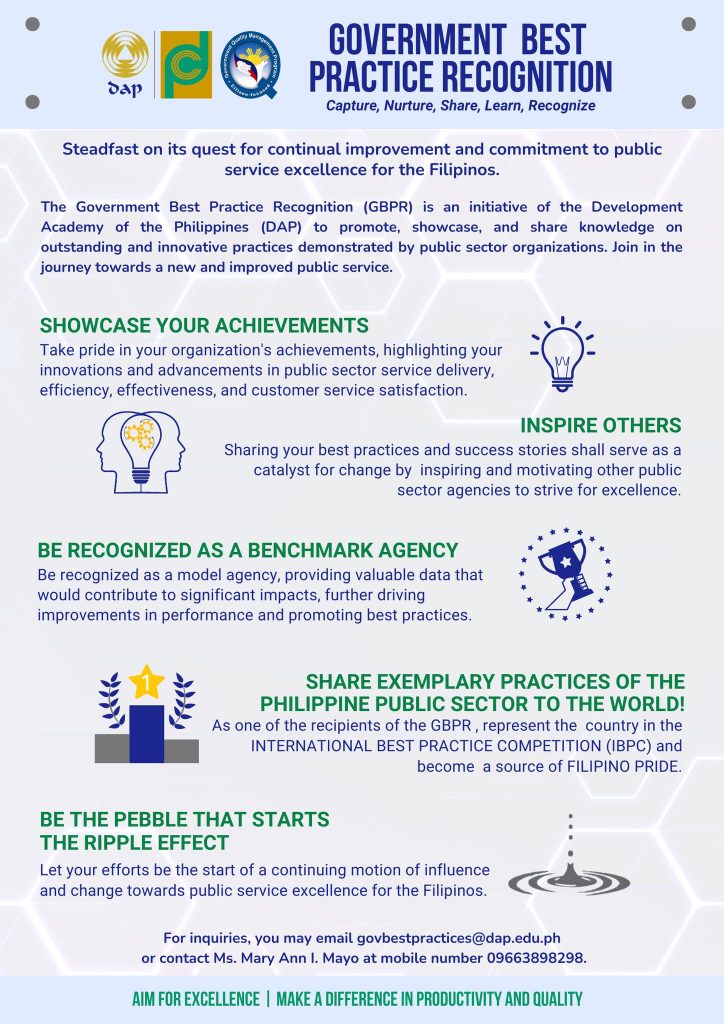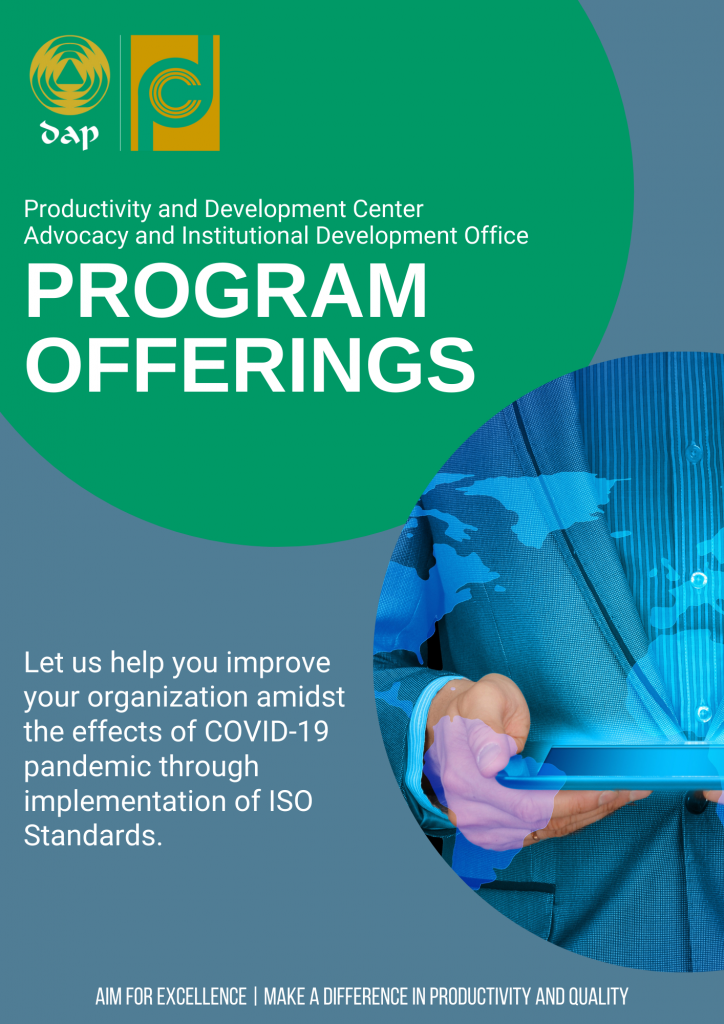Get an insight into whether a program, project, or undertaking is doable and worth the cost and identify its parameters, goals, and risk factors through the conduct of a Feasibility Study.
A feasibility study is a thorough and systematic analysis of all factors affecting the chances of success of a proposed undertaking. It is a synthesis of separate studies usually dealing with the marketing, technical, financial, socioeconomic, and management aspects of a project. At the minimum a feasibility study includes the following areas where viability as well as practicality is ascertained: a) market study; b) technical feasibility; c) financial viability; d) socio-economic feasibility; and, e) management or organizational feasibility.
Doing a feasibility enables organizations to:
- understand thoroughly all aspects of a project, concept, or plan
- become aware of any potential problems that could occur while implementing the project, and
- determine if, after considering all significant factors, the project is viable—that is, worth undertaking
The DAP has pioneering efforts in the area of feasibility studies through the years. Recently, through the PDC’s Productivity Development Research Office (PDRO), the following feasibility studies were undertaken:
- Conduct of Pre-Feasibility Study on the Rural Dairy Industry Development Project (RDIDP): A Business Case Study of Selected RDIDP Site, 2016–2017
- Conduct of Feasibility Study on the Central Philippines Rural Development Project, 2011
- Agripinoy Trading Center: Modernizing Farmers’ Access to Viable Markets-Feasibility Study for La Trinidad, Benguet Agripinoy Trading Center, 2010

